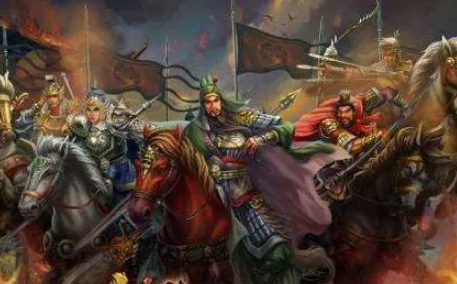The Arab Empire, once a glorious empire that spanned the continents of Asia, Europe, and Africa, had a profound impact. Although the Arab Empire no longer exists today, its legacy still influences the contemporary Arab world. This article will explore which countries are descended from the Arab Empire and how these countries have inherited and carried forward the cultural traditions of the Arab Empire.

I. The Territory of the Arab Empire
The Arab Empire was founded in 632 AD by the Islamic prophet Muhammad. During its heyday, the territory of the Arab Empire included present-day Saudi Arabia, Iran, Iraq, Syria, Egypt, Jordan, Lebanon, Israel, Palestine, and other regions. These areas have been important components of the Arab Empire throughout history, carrying rich Arab cultural heritage.
II. Contemporary Arab Countries
1. Saudi Arabia: As the birthplace of the Arab Empire, Saudi Arabia is one of the core countries in the contemporary Arab world. Saudi Arabia practices the Sunni Islamic doctrine and is home to the world-famous Islamic holy sites of Mecca and Medina. Additionally, Saudi Arabia possesses the world's largest oil reserves, exerting significant influence on the global economy.
2. Iran: Located in the east of the Arab Empire, Iran boasts a long history and cultural traditions. Persian culture is the main cultural source of Iran, and Shia Islam is widely believed here. Iran plays a significant role in geopolitics and is one of the major powers in the Middle East.
3. Iraq: Situated in the south of the Arab Empire, Iraq was once the political, economic, and cultural center of the Arab Empire. Iraq is home to the ruins of one of the world's oldest civilizations, Mesopotamian civilization. Nowadays, Iraq holds an important position in the Islamic world and is one of the largest oil reserve countries in the world.
4. Egypt: Located at the northern tip of the Arab Empire, Egypt is one of the most influential countries on the African continent. Egypt is home to the ruins of one of the world's oldest civilizations, Ancient Egyptian civilization. Additionally, Egypt is an important birthplace of Islam and hosts numerous Islamic holy sites.
III. Inheritance and Promotion of Arab Culture
On the basis of inheriting the Arab Empire, contemporary Arab countries have developed their unique cultural characteristics. For example, Wahhabism in Saudi Arabia, Persian culture in Iran, Mesopotamian civilization in Iraq, and Pharaohic civilization in Egypt. These cultural traditions have had a widespread impact globally and have contributed to the prosperity of multiculturalism in the world.
Disclaimer: The above content is sourced from the internet and the copyright belongs to the original author. If there is any infringement of your original copyright, please inform us and we will delete the relevant content as soon as possible.
































